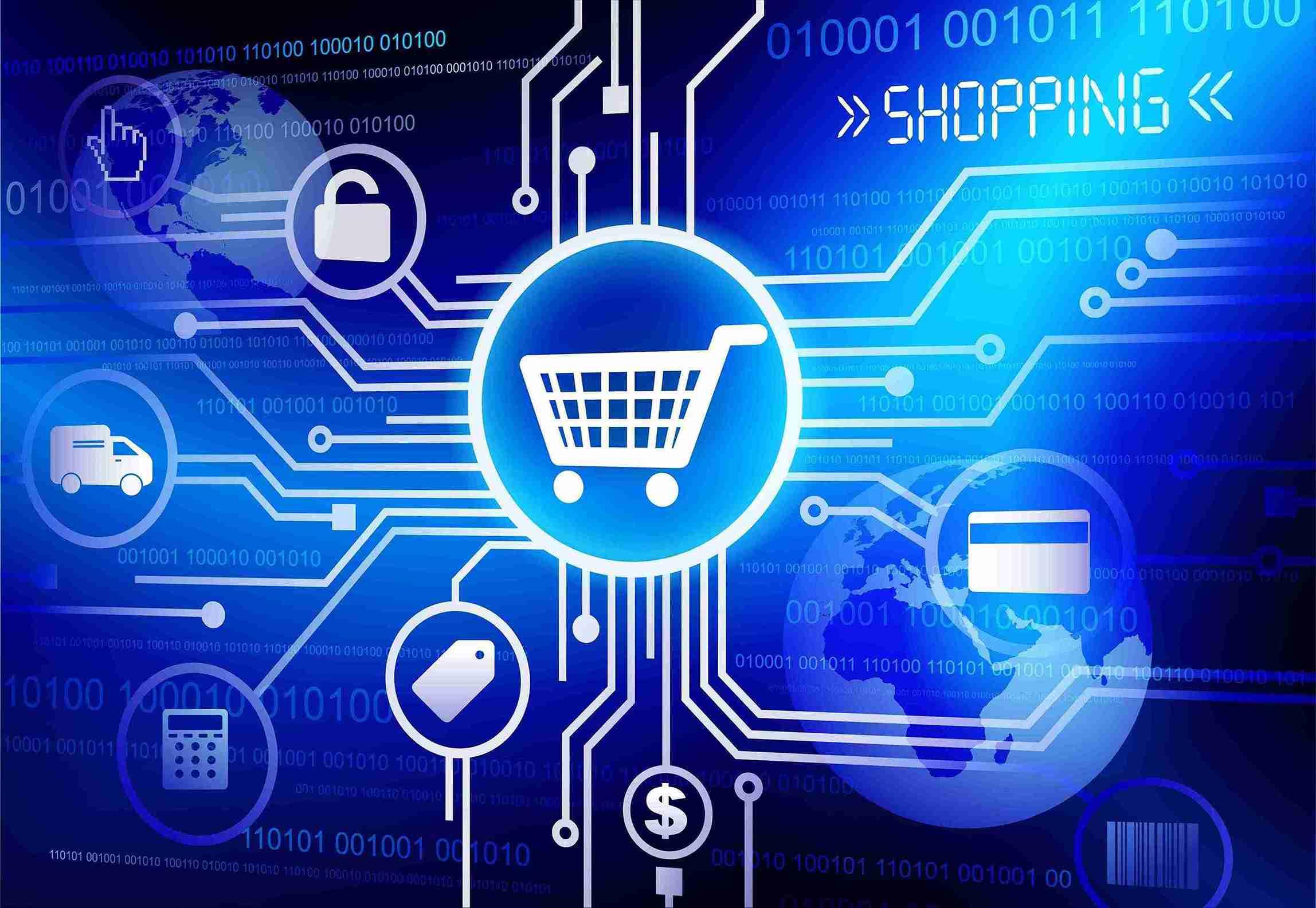The retail industry has undergone a seismic shift in the past two decades, and at the heart of this transformation lies the rapid rise of e-commerce platforms. These digital marketplaces have not only changed the way businesses operate but have also revolutionized the way consumers shop. As we delve into the world of e-commerce, it’s clear that the future of retail is being redefined by technology

The e-commerce revolution began in the mid-1990s with the advent of internet-based shopping. Amazon and eBay were among the pioneers, paving the way for a new era of convenience and accessibility. Fast forward to today, and the e-commerce landscape has exploded, with thousands of platforms catering to diverse markets and niches.
The global pandemic further accelerated the adoption of e-commerce as consumers turned to online shopping for everything from groceries to luxury goods. According to recent statistics, global e-commerce sales are projected to surpass $6 trillion by 2024, highlighting the industry's immense potential.
Amazon remains a dominant force, offering a wide range of products, lightning-fast delivery, and innovative features like Alexa voice shopping. Its sophisticated logistics network and customer-centric approach have set benchmarks for the industry.
For small and medium-sized businesses (SMBs), Shopify has emerged as a game-changer. Its easy-to-use platform allows entrepreneurs to set up and manage online stores with minimal technical expertise. Shopify’s integration with various payment gateways and marketing tools has made it a favorite among startups.
In Asia, Alibaba’s ecosystem spans wholesale (Alibaba.com), retail (Taobao), and cloud computing. The platform's strength lies in its ability to connect global suppliers with consumers, creating a seamless cross-border shopping experience.
Platforms like Etsy, focused on handmade and vintage goods, and niche marketplaces like Farfetch for luxury fashion are carving out unique spaces in the e-commerce landscape.
AI-driven recommendations, chatbots, and predictive analytics are transforming the shopping experience. Platforms are leveraging machine learning to personalize offerings, optimize inventory, and enhance customer service.
Consumers now expect a seamless experience across online and offline channels. E-commerce platforms are integrating physical stores, mobile apps, and social media to create unified shopping journeys.
As consumers become more environmentally conscious, platforms are prioritizing sustainable practices. Features like carbon-neutral shipping and ethical sourcing are gaining traction.
With the proliferation of smartphones, mobile commerce is on the rise. Platforms are investing in mobile-first strategies, optimizing apps for convenience and speed.
Blockchain technology is enhancing transparency in supply chains, while cryptocurrencies offer new payment methods, catering to tech-savvy shoppers.
While the growth of e-commerce is undeniable, challenges such as cybersecurity threats, competition, and logistics complexities persist. Platforms must also navigate regulatory frameworks and address data privacy concerns to maintain consumer trust.
Your email address will not be published. Required fields are marked *